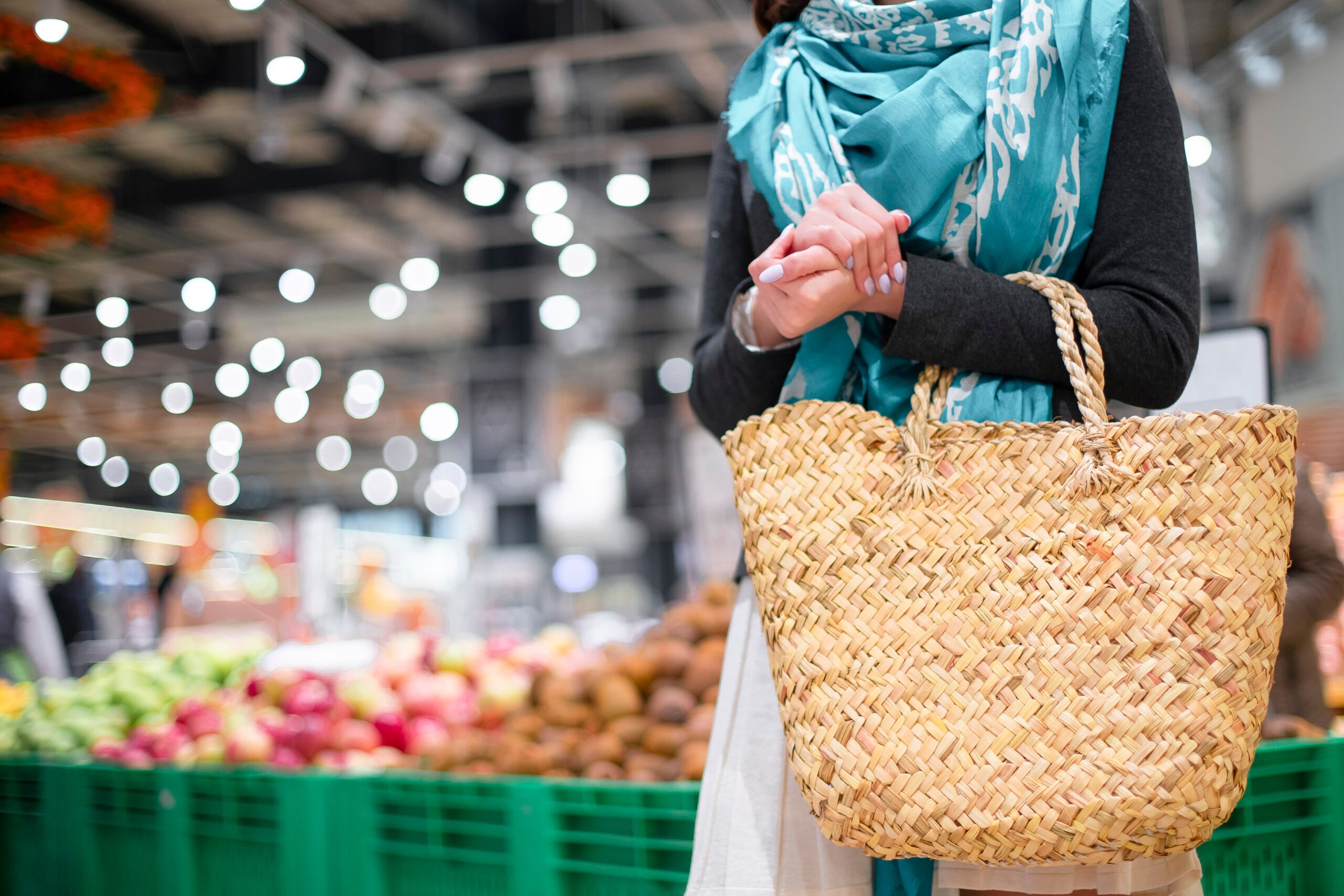
A YouGov survey was conducted to understand Saudi residents’ attitudes towards environmental-friendly behaviours.
A similar survey was first conducted in 2019, a comparison between both found that while there was an increase in people practicing certain environment-friendly actions, there was also no change in several between the two time periods.
Across the 12 actions that were listed to reduce impact on the environment, most consumers picked the option of buying locally produced/ sourced food as their eco-friendly action.
The survey showed showed that the amount of people practising this habit have increased from 25 per cent in 2019 to 28 per cent in 2023.
It also found that more Saudis were buying in multipacks, avoiding packaging wastage, than before.
However, the average Saudi consumers are also showing negative trends in terms of eco-friendly behaviours.
According to the survey, there have been no changes in the number of Saudi consumers practicing habits such as recycling, stopping or reducing use of plastic straws and buying or using refillable/eco refill products.
The largest decline in terms of practicising eco-friendly behaviour happened around using canvas/reusable bags when shopping.

While it is still a popular green action, the proportion of people practising this now has reduced from 29 per cent to 22 per cent during this period.
Buying and re-using items such as cups and bottles have also seen a decline during this period.
The percentage of people upcycling and buying clothes that are second-hand or made from recycled materials has also gone down.
Similarly, people using supplies that try to help the environment or avoiding products that are harmful to the environment has gone down from 32 per cent to 28 per cent.
The survey also looked into who the consumers felt were responsible for reduction in single-use plastic.
The results revealed a shift in opinion between 2019 and 2023, with an overall reduction in the expectation that various entities like governments or companies should take responsibility.
In 2019, while 38 per cent of the consumers saw themselves as bearing part of the responsibility, the figure has fallen to 36 per cent in 2023.









